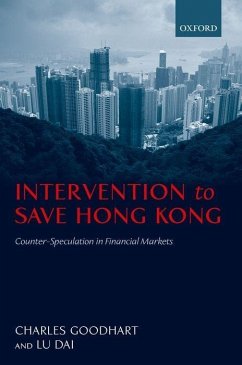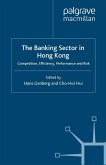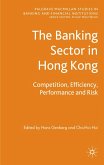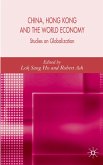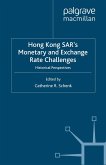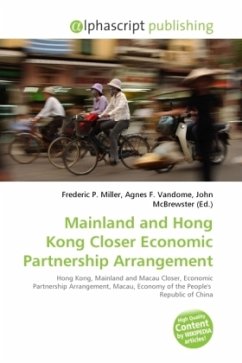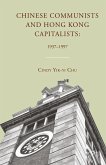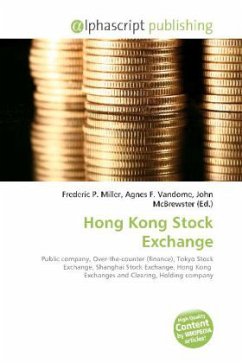By August 1998, the Hong Kong economy had become threatened not only by the natural consequences of the Asian crisis (1997-98), but also by waves of speculation, betting that the authorities would be forced to abandon the linked exchange rate (to the US dollar). When facing previous speculative attacks (starting October 1997), the authorities had followed traditional policies of raising interest rates. But by August 1998, such policies had helped to batter asset markets; property prices and output were falling, and confidence was low. Moreover, the speculators had developed an ingenious 'double play', simultaneously selling both the foreign exchange market and the Hang Seng equity market short; whether the authorities used an interest rate defense, or abandoned the 'link', the speculators would gain either way. So, the authorities decided on a bold, unexpected and unconventional response to reports of a further attack. They would undertake counter-intervention, again both in the equity and foreign exchange markets. This book provides a fascinating story in itself, and insights into what lessons academics and practitioners can learn from the turbulent events of the time.
Hinweis: Dieser Artikel kann nur an eine deutsche Lieferadresse ausgeliefert werden.
Hinweis: Dieser Artikel kann nur an eine deutsche Lieferadresse ausgeliefert werden.

